Related Research Articles

Phillips Exeter Academy is a coeducational university preparatory private school for boarding and day students in grades 9 through 12, including postgraduate students. Located in Exeter, New Hampshire and founded in 1781, it is the sixth-oldest boarding school in the United States.
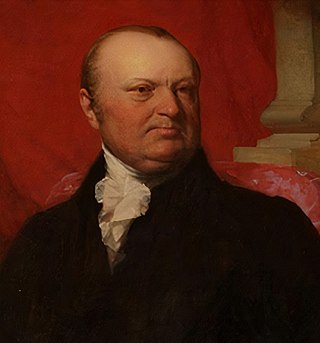
John Taylor Gilman was a farmer, shipbuilder and statesman from Exeter, New Hampshire. He represented New Hampshire in the Continental Congress in 1782–1783 and was the fifth governor of New Hampshire for 14 years, from 1794 to 1805, and from 1813 to 1816.

Exeter is a suburb of Adelaide, Australia. It is 14 km north-west of the central business district, on the Lefevre Peninsula, and falls under the City of Port Adelaide Enfield. It is adjacent to the suburbs Semaphore, Birkenhead, Largs Bay and Glanville. It is bounded to the south by Exmouth Road, to the north by Hargrave Street and in the east and west by the Outer Harbor railway line and Woolnough Road respectively.

Chudleigh is an ancient wool town located within the Teignbridge District Council area of Devon, England between Newton Abbot and Exeter. The electoral ward with the same name had a population of 1,488 at the 2011 census.
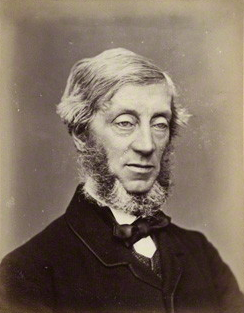
William Reginald Courtenay, 11th Earl of Devon PC, styled Lord Courtenay between 1835 and 1859, was a British politician who served as Chancellor of the Duchy of Lancaster from 1866 to 1867 and as President of the Poor Law Board from 1867 to 1868.
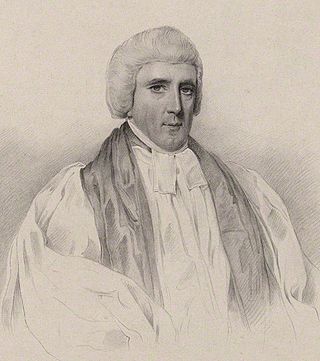
George Pelham was a Church of England bishop, serving in the sees of Bristol (1802–1807), Exeter (1807–1820) and Lincoln (1820–1827). He began his career as Vicar of Hellingly in Sussex in 1800.

Jeremiah Smith was a United States representative for New Hampshire, United States Attorney for New Hampshire, a United States circuit judge of the United States Circuit Court for the First Circuit, the sixth governor of New Hampshire and chief justice of the New Hampshire Superior Court of Judicature and the New Hampshire Supreme Judicial Court. He was a member of the Federalist Party.

The Banterer-class sailing sixth rates were a series of six 22-gun post ships built to an 1805 design by Sir William Rule, which served in the Royal Navy during the Napoleonic War. The first four were launched in 1806 and the remaining two in 1807. One ship – the Banterer – was lost in 1808 and another – the Cyane – captured by the United States Navy in 1815; the remaining four were all deleted during 1816.

William Carey (1769–1846) was an English churchman and headmaster, Bishop of Exeter and Bishop of St Asaph.
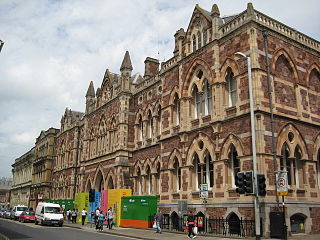
John Hayward (1807–1891) was a Gothic Revival architect based in Exeter, Devon, who gained the reputation as "the senior architect in the west of England".
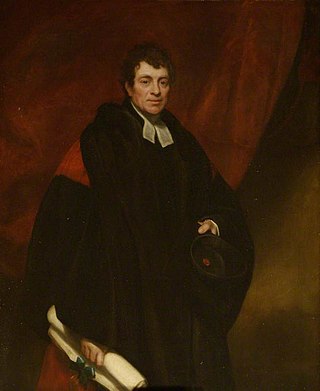
John Collier Jones was an academic administrator at the University of Oxford in England.
Henry Richards was a priest and academic administrator at the University of Oxford.

The University of Exeter is a research university in the West Country of England, with its main campus in Exeter, Devon. Its predecessor institutions, St Luke's College, Exeter School of Science, Exeter School of Art, and the Camborne School of Mines were established in 1838, 1855, 1863, and 1888 respectively. These institutions later formed the University of Exeter after receiving its royal charter in 1955. In post-nominals, the University of Exeter is abbreviated as Exon., and is the suffix given to honorary and academic degrees from the university.
Jonathan Parker Fisher was Archdeacon of Barnstaple during 1805: he was later Sub-Dean of Exeter Cathedral.

Exeter is a cathedral city and the county town of Devon, South West England. It is situated on the River Exe, approximately 36 mi (58 km) northeast of Plymouth and 65 mi (105 km) southwest of Bristol.

The Western Squadron was a squadron or formation of the Royal Navy based at Plymouth Dockyard. It operated in waters of the English Channel, the Western Approaches, and the North Atlantic. It defended British trade sea lanes from 1650 to 1814 and 1831 to 1854. Following Admiralty orders to Lord Anson he was instructed to combine all existing commands in the English Channel - those at the Downs, Narrow Seas, Plymouth and the Spithead - under a centralized command under the Commander-in-Chief, Western Squadron in 1746. The squadron was commanded by the Flag Officer with the dual title of Commander-in-Chief, English Channel and Commander-in-Chief, Western Squadron

The 1807 New Hampshire gubernatorial election was held on March 10, 1807.
References
- ↑ "CCeD". Archived from the original on 3 July 2018. Retrieved 10 July 2017.
- ↑ Horn, Joyce M., Fasti Ecclesiae Anglicanae 1300–1857, vol. 9, pp. 33–36
- ↑ POSTSCRIPT. Trewman's Exeter Flying Post or Plymouth and Cornish Advertiser (Exeter, England), Thursday, March 19, 1807